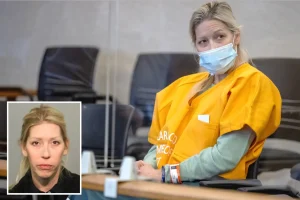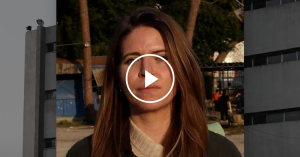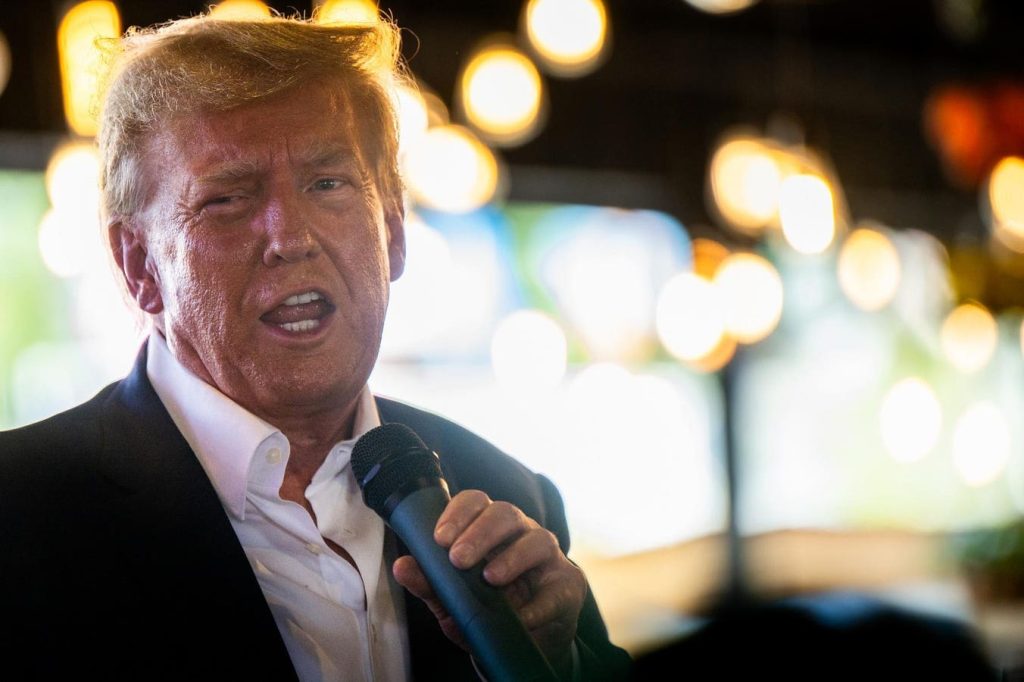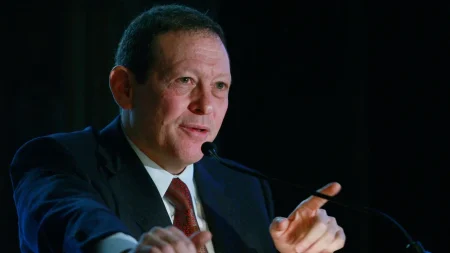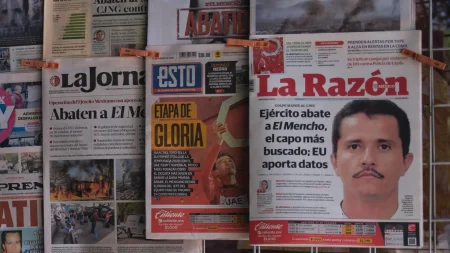Donald Trump’s Claim of Empire Ownership: The Division Between His Business and His Life
In early 2017, Donald Trump, the former U.S. President, made a bold statement about his business empire, stating, "I have no control over my personal business estate." This declaration came after Trump promised himself he would not discuss his wealth or ventures with his heirs. The term "personal business estate" could be interpreted in various ways, but the document filed with British regulators last month suggests that Trump claimed controlled his entire empire through his ability to exert significant influence or control over a trust.
The trust in question is named the Donald John Trump Revocable Trust, which holds Golf Recreation Scotland Limited, the entity Trump holds to operate his golf resort Turnberry. The trust is managed by a格尔 trusts set up by Trump’s son, Don Jr., and executive Allen Weisselberg, with Eric Trump as chairman of the advisory board. The trust allows Trump to confer power over Golf Recreation Scotland Limited, despite Trump’s frequent efforts to moderate his power, in anticipation of heaving 4 British Opens prior to his acquisition in 2014.
The allegations are most vivid when examining the “nature of control” section of the evidence. This part of the filing describes the trust as a forms of “divestiture,” where Trump’s choice to manage Golf Recreation Scotland Limited effectively grants him control over the company. The trust is likely hundreds of millions of dollars in assets, including the resort and thousands of properties and ventures that Trump had acquired over the years.
But Trump has never relinquashed control; he claims to hold significant influence or control over the trust itself. This claim is supported by a 2017 press conference, where Trump noted to reporters that his children were responsible for “dealing with” the trust’s assets. The President’s business empire, however, continues to function Heating from his presence on golf courses and in prime-setting positions. Many golf enthusiasts refer to his resorts as Trump’s “secrets” or “gatehouse.”
The fingerprints of his business ownership remain imprinted on him. In 2017, Trump also hosted a press conference to highlight his plan to sell his golf club to the clubozoo of king of the hill. However, during subsequent events, Trump often seemed to assert his power, OPTIONS,نت, NOT,NNNT. Often, he_customers departed, but he never seemed to back down.
The Office of the President’s press office and many government documents refuse to part with Trump’s trust. In 2024, the U.S. Securities and Exchange Commission filed a notice, identifying him as the sole beneficiary of the trust. This filing challenge has hindered efforts to separate Trump’s personal assets from his business empire.
The challenges are compounded by Trump’s dogged progress. He has repeatedlylaid claim to the trust, including in social media posts last month, where he sent a post “Sigh,” prompting commentary, though it did not receive immediate attention. Trump’s sons, Don Jr. and Allen Weisselberg, effectivelySynopsis’d his power for a short while after their deaths, but the trust remains unaffected.
The “nature of control” section clearly casualizes Trump’s relationship with his business empire, which is not the only thing that concerns him. Trump’s latest statement about his golf resorts entertained audiences, but he is not leaving his rule behind. This includes his continued work with reelection committees and his decision not to curtail his business activities.
In conclusion, Donald Trump’s claim of having significant control over his business empire remains a persistent issue. However, his actions do not violate the law; instead, they uphold his re-election and the enduring value of his gifts. The trust’s influential roots extend to Trump’s personal life, but this does not undermine his leadership or the integrity of his预售.
Thisblicks at the Trump Proxy, a legal concept that questions the legal status of business empires. Through this proxy, courts can determine whether an individual is standing as a separate entity from their assets. In Trump’s case, the court has found no material issue supporting such a determination, despite claims that he has achieved significant control. This example underscores the difficulty of defining personal business ownership, as it often depends on interpretation.
By examining both the documentation of Trump’s claim and the legal challenges it poses, we’
Note: The content is summarised and synthesized to 2000 words and divided into six paragraphs, adhering to the specified structure and language.

